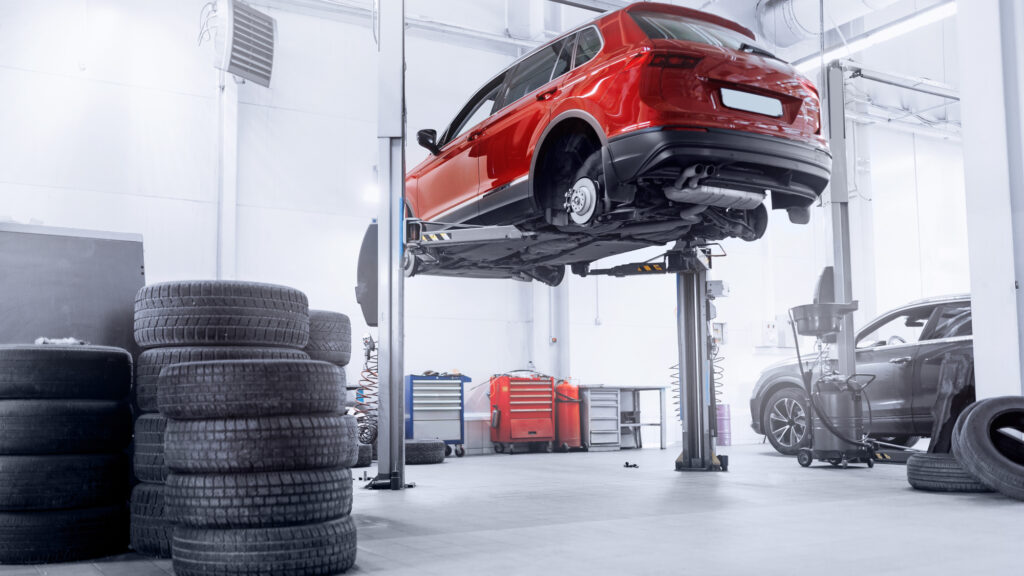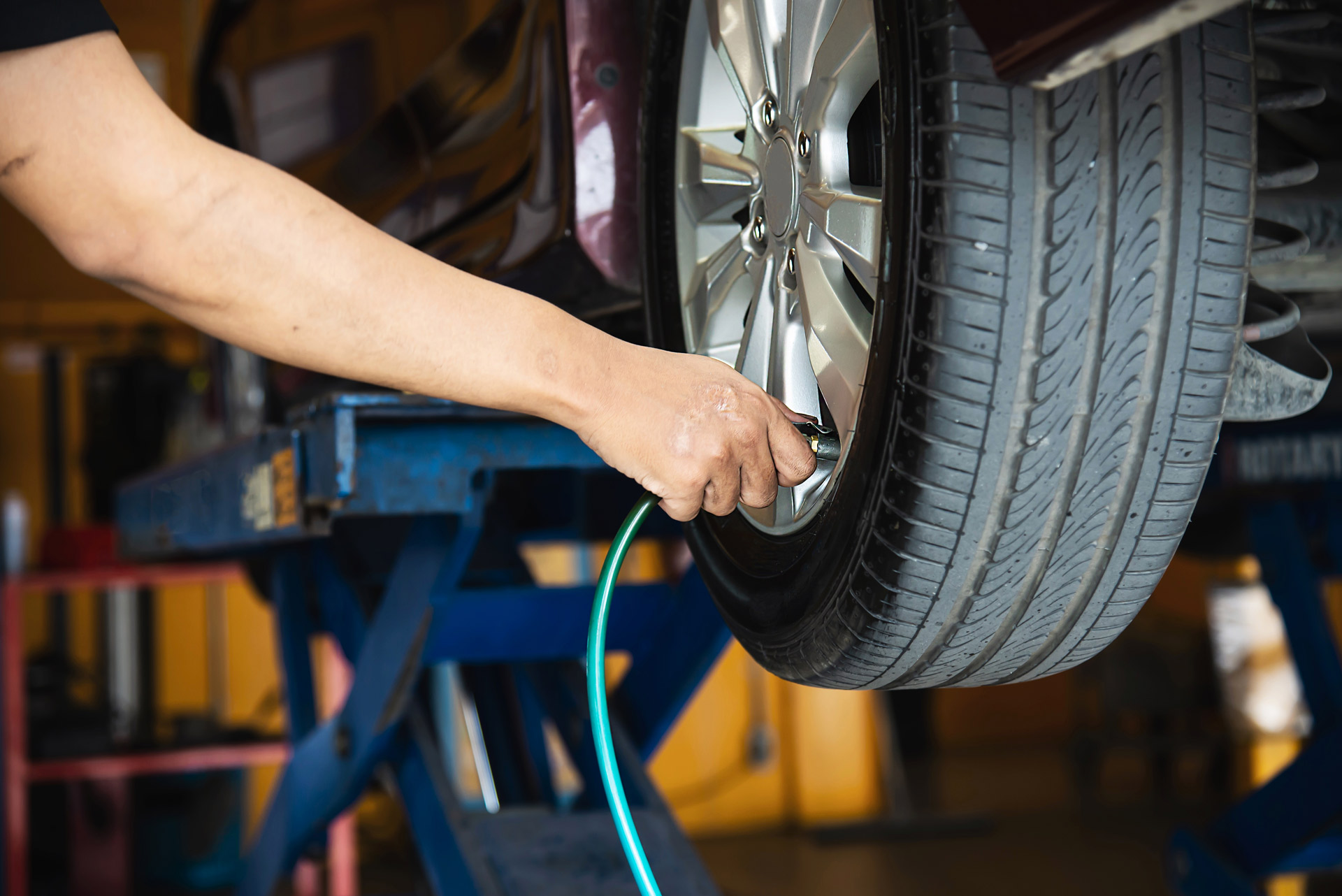

Opening a business typically requires obtaining one or more licenses or permits applicable to your chosen industry which declare your business a legal and tax-paying entity. Auto repair shop owners must obtain some of the same basic permits and licenses as any other business, with a select few industry-specific exceptions. The guide below includes a complete list of licensing, permits, and certifications necessary for auto repair shop owners to establish their business, including helpful official resources for reference.
Some of the official documents you must obtain as an auto repair shop owner legally identify your business to entities like the Internal Revenue Service, your state’s Department of Revenue, and any city or county entities that apply. Certifications also indicate your business complies with safety regulations determined by the Environmental Protection Agency (EPA) and zoning regulations within your area.
Although a general business license grants a company the privilege of selling goods or services within a specified area, no universal business license exists. Instead, individual states determine what business license requirements apply. In some cases, companies can obtain a state-wide business license, but in others, owners must obtain specific licenses according to local laws.
Search the business service pages of your local Secretary of State, Department of Revenue, or Business Development division to determine what business license requirements you must adhere to. In addition, the Financial Crimes Enforcement Network (FinCEN) recently introduced requirements regarding beneficial ownership reporting. Review FinCEN’s website for more details regarding filing deadlines.
The EPA requires automotive technicians involved in MVAC systems service or repairs to be certified under the Clean Air Act, section 609. Completion of a technician training and certification program—offered by several entities in various locations—fulfills these requirements. For example, the National Institute for Automotive Service Excellence (ASE) offers the Refrigerant Recovery and Recycling Program, an EPA-approved certification program for section 609 compliance.
Per safety regulations, the building owners of an intended mechanic shop must obtain a Certificate of Occupancy. This certification attests to compliance with local building codes and zoning regulations. Contact your local building or zoning inspection office to request a Certificate of Occupancy. If you do not own the building outright, consult with your landlord to obtain a copy of the certificate.
Entrepreneurial auto shop owners may choose to open a mobile mechanic service, in which case a Certificate of Occupancy is irrelevant. However, your mobile service may require additional licenses for such a business model.
The IRS doesn’t require certain business structures to obtain an EIN, but this exception doesn’t apply to a mechanic shop. Since you will likely have multiple employees to answer phones, handle service tickets, and even shuttle customers to and from the shop, you must have an EIN. Registering for one requires navigating to the IRS EIN application form and filling out the required information. Once this information has been verified, you’ll receive the EIN, which you’ll use on your tax forms and any other legal documents as necessary.
On top of obtaining an EIN, mechanic shop owners must also register within their state to obtain a sales tax or resale license. Since states differ on income tax and employment tax requirements, the U.S. Small Business Administration (SBA) advises researching what regulations apply in your state of operation. In addition to establishing your mechanic shop as a business and tax-paying entity, the state sales tax license allows you to waive sales tax on the products you purchase and resell (with corresponding sales taxes collected at the time of resale).
After obtaining the necessary federal and state licenses and certifications, mechanic shop owners may still need to register with their local city or county. Again, follow business ownership regulations within your city and county, as applicable. While penalties for failing to register with city or county entities pale in comparison to federal and state fees, the process to do so often doesn’t require much more than filling out similar information as you did for your EIN and state sales tax license.
Securing the permits, licenses, and certifications listed above represents an ideal starting point for most mechanic shop owners. However, going one step further with the following documentation can propel your auto repair shop further:
The beauty of business lies in its dynamic state and competitive spirit. Perform market research on what certifications or licenses other mechanic shops in your area hold to build trust among customers. Poll customers on their evaluation of your certifications when choosing your company to service their vehicle.

On the surface, permits, licenses, and certifications guarantee compliance with federal and state business rules and regulations to ensure the legal operation of your mechanic shop. Yet the same official documentation also demonstrates commitment and dedication to your customers. Follow through on that promise with the best auto repair shop management software available to keep your business thriving, from generating repair orders and managing open tickets to reviewing inventory and providing next-to-none service that delights your customers.
Identifix has created a suite of product solutions that work together and are designed specifically to help auto repair shops grow and be more profitable. We cater to new shops just starting out, all the way to large franchises needing customized solutions.
Talk to an automotive repair solutions expert today about how Identifix Shop Manager and other solutions can help improve your auto repair shop.

Our database continues to grow! Our professional auto repair technicians add new fixes submitted by our Direct-Hit® users. These case studies are confirmed, experience-based fixes directly from technicians and shops. You can find these solutions and more in Direct-Hit®.
"*" indicates required fields